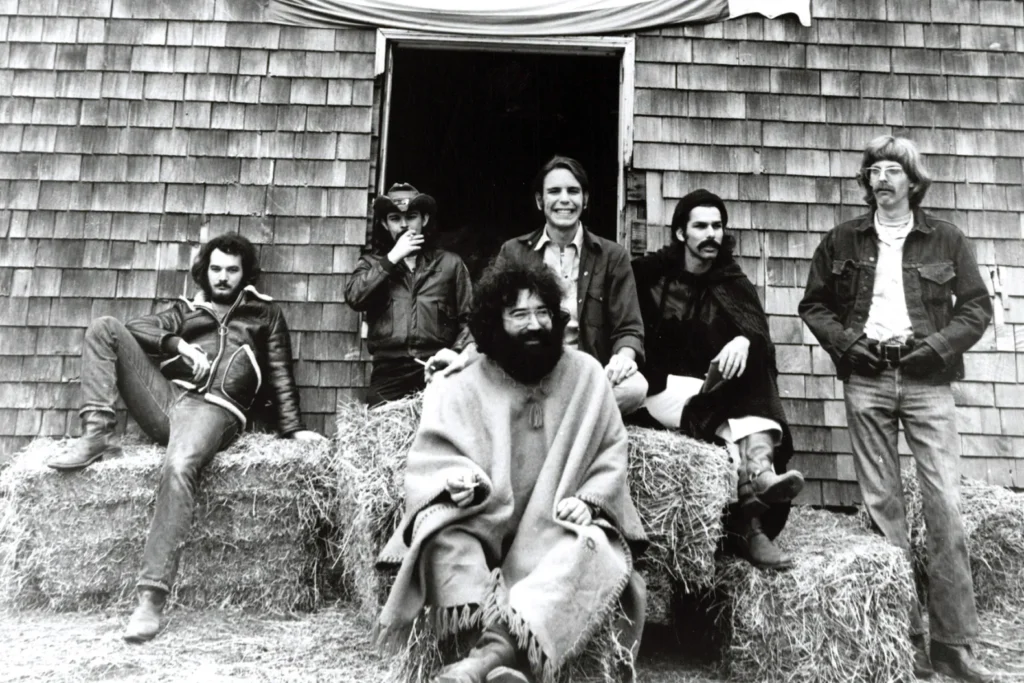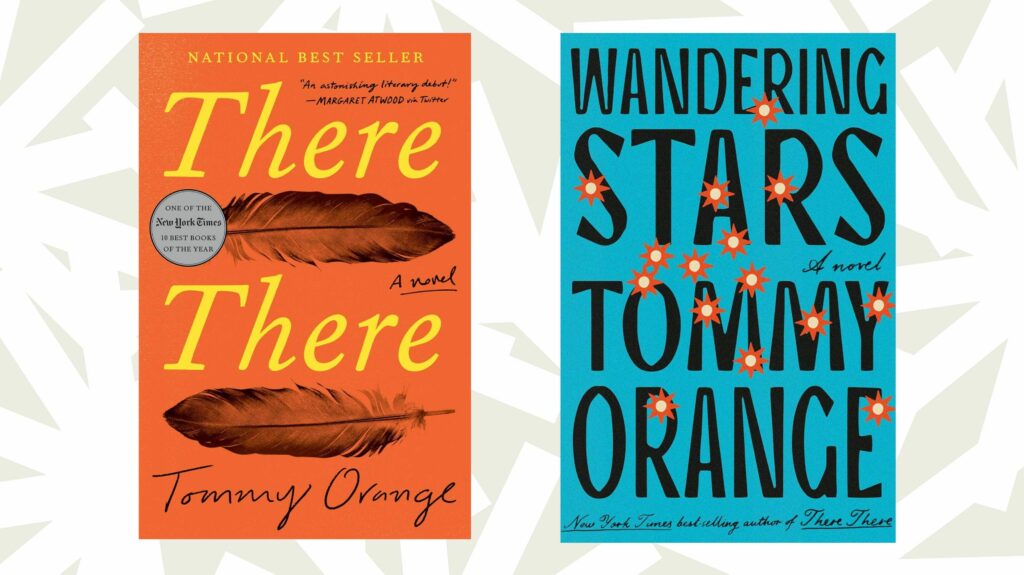
One might think the New York Times podcast, The Daily, to be superfluous. The Times publishes more news stories on-line and in print every day that anyone with a life would ever have time to read. There are reporters who dive deep into global, national and local issues and editorial and op-ed writers to let us know what we should make of it all.
And if we miss Maggie Haberman’s piece, we can always catch her on CNN expanding on her reporting.
Yet The Daily is important, leveraging a story-telling approach to help even news junkies and political wonks like me develop a deeper understanding of the issues.
There is a strong parallel here in the marketing insights world. The pendulum has swung radically in the direction of data science, and we have more data at our fingertips than we’ve ever had before.
But has this onslaught of data provided more insight than ever before? Do we make enough time to absorb the data and think deeply about issues? Or are we prisoners of a process that demands instant responses, rushing ahead with short-term marketing decisions without considering their implication for the long-term health of the business overall?
Qualitative research, like The Daily, is the much-needed yin to the yang of an abundance of big data. When we take the time to focus on stories of individual people, we are in a far better position to understand the meaning of trends, marketing issues and social phenomena. Stories provide richness and meaning, and when heard directly, when we are face-to-face with consumers, the nuance and intensity carried by tone of voice and body language makes them even more powerful.
The Daily has been part of my morning routine nearly since its inception in February 2017. After a healthy (and caffeinated) breakfast, during which I read a good deal of several newspapers, it’s time for my pre-work walk with The Daily and its host, the singular personality and keen interviewer Michael Barbaro.
In addition to being popular and critically well-received, Ad Age recently selected The Daily as one of its Hottest Brands:
Since its launch in February 2017, the 20-minute-plus podcast, with its in-depth, explanatory take on the news, has shown the publishing industry at large a new way forward—one that focuses on an intimate, analytical approach that demands sustained attention.
While the format would certainly work with a different host, Barbaro has a talent for making sense of complex topics. After a series of seemingly naïve or obvious questions, which are anything but, he goes in for the kill. “So, what you’re saying is,” he’ll respond to whoever he is interviewing, and then follow up with the perfect articulation of the issue at hand.
Barbaro is a master storyteller. The podcast format quickly sets up an issue, explains why we should care, and then brings it alive with a focused narrative. Telling a story in this manner, rather than simply “reporting,” deepens our interest, helps us understand the ins and outs of complicated issues, and most important, transform issues into highly relatable, personal terms.
Again, in marketing insights terms, The Daily represents the qualitative counterpart to the big data approach of the New York Times. The latter tells stories as well, of course, but unless it’s in the Sunday Magazine, brevity must be a critical component of daily newspaper articles and analyses.
Moreover, while the facts matter in articles and podcasts, the qualitative approach of The Daily is squarely focused on unpacking those facts, leveraging a human approach that promotes empathy and understanding.
As one of my clients put it recently, her organization’s relentless pursuit of data science makes her feel that “we conduct more research than ever, but I don’t think we’re getting the insights we need to understand our consumers.” Chasing the promise of big data has caused the important business of connecting with consumers on a more human level to be nearly forgotten by many companies.
My first tech client was a company in the data mining business. They could scrub relevant websites, customer emails, open-ended answers in customer surveys and other content to tell a casual restaurant chain, for example, that they have a speed of service problem in the Chicago area. It was simply amazing at the time to think that a nearly infinite amount of “input” could be processed and sorted into critical action areas by algorithms, not people.
The power of big data continues to amaze us. And while data, in and of itself, can tell stories, those stories are simply not going to be as powerful than as those with individual human protagonists. There are many other arguments to be made for in-person qualitative research, but one of the strongest is the human stories it can generate.
The New York Times reports regularly about the rise of nationalism in Europe. If we read the articles, we learn about the players, Le Pen in France, Salvani in Italy, their acolytes and supporters. We read about the Yellow Jacket movement. But when a reporter camps out with Yellow Jacket protesters in a small French town, a rich narrative emerges. When we hear real people tell their stories, and get to understand who they really are, we learn exactly why the movement took off.
The issues no longer feel remote. While an ocean away, they become real to us. They become relevant, as we can identify with the universal human emotions of the characters. It’s the difference between “knowing” something and truly “feeling” something.
The stories inspired by qualitative research, when told effectively, have the power to focus quantitative work, helping us identify the specific issues that need further investigation or what, precisely, we should be measuring and tracking.
And qualitative can make meaning of the numbers, helping drill down into the very nuanced ways consumers make decisions or form attachments to brands.
As so well demonstrated by The Daily, stories matter. And while you won’t find a marketer who will disagree, the commitment to storytelling in marketing needs to be more than a trope.



